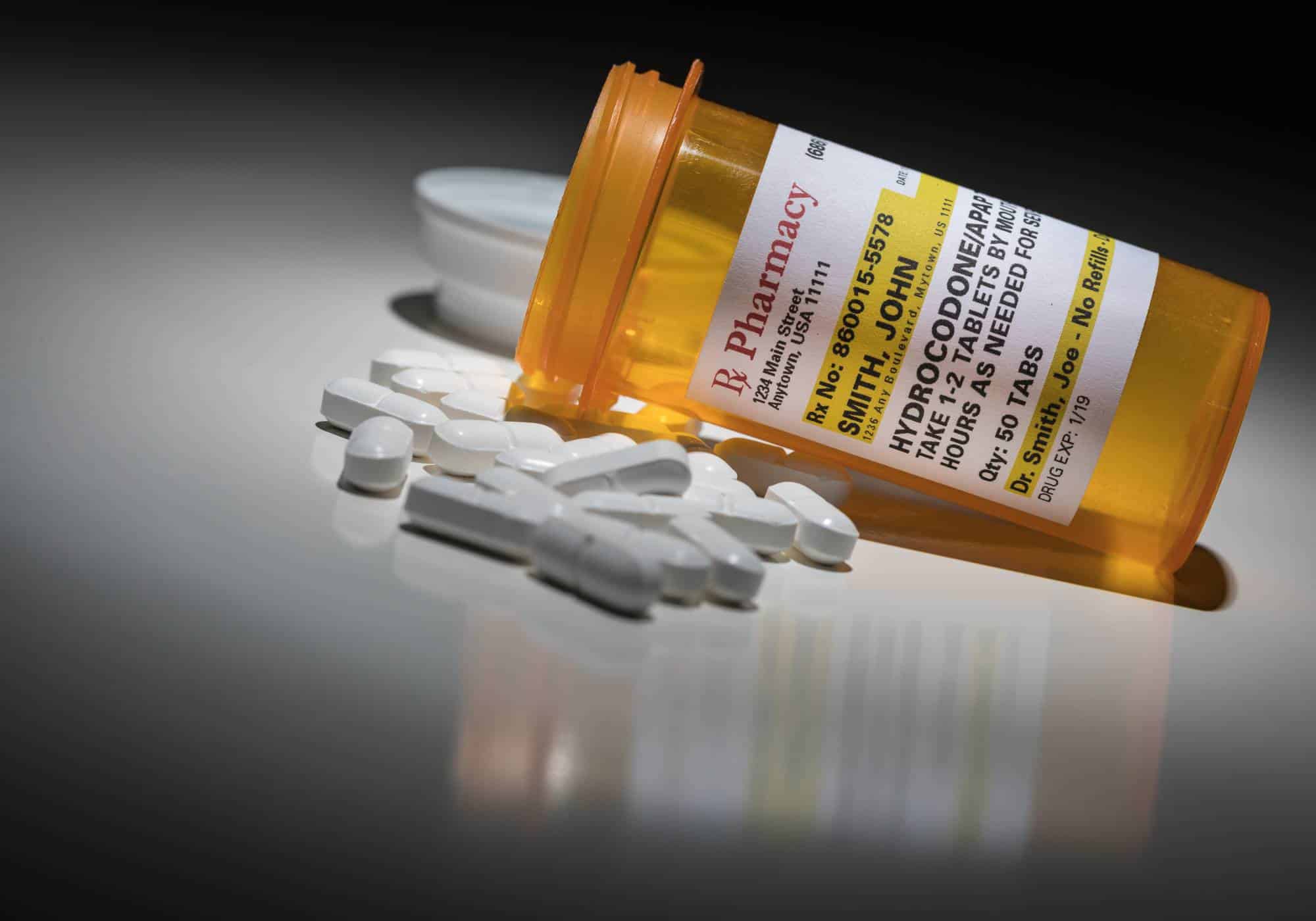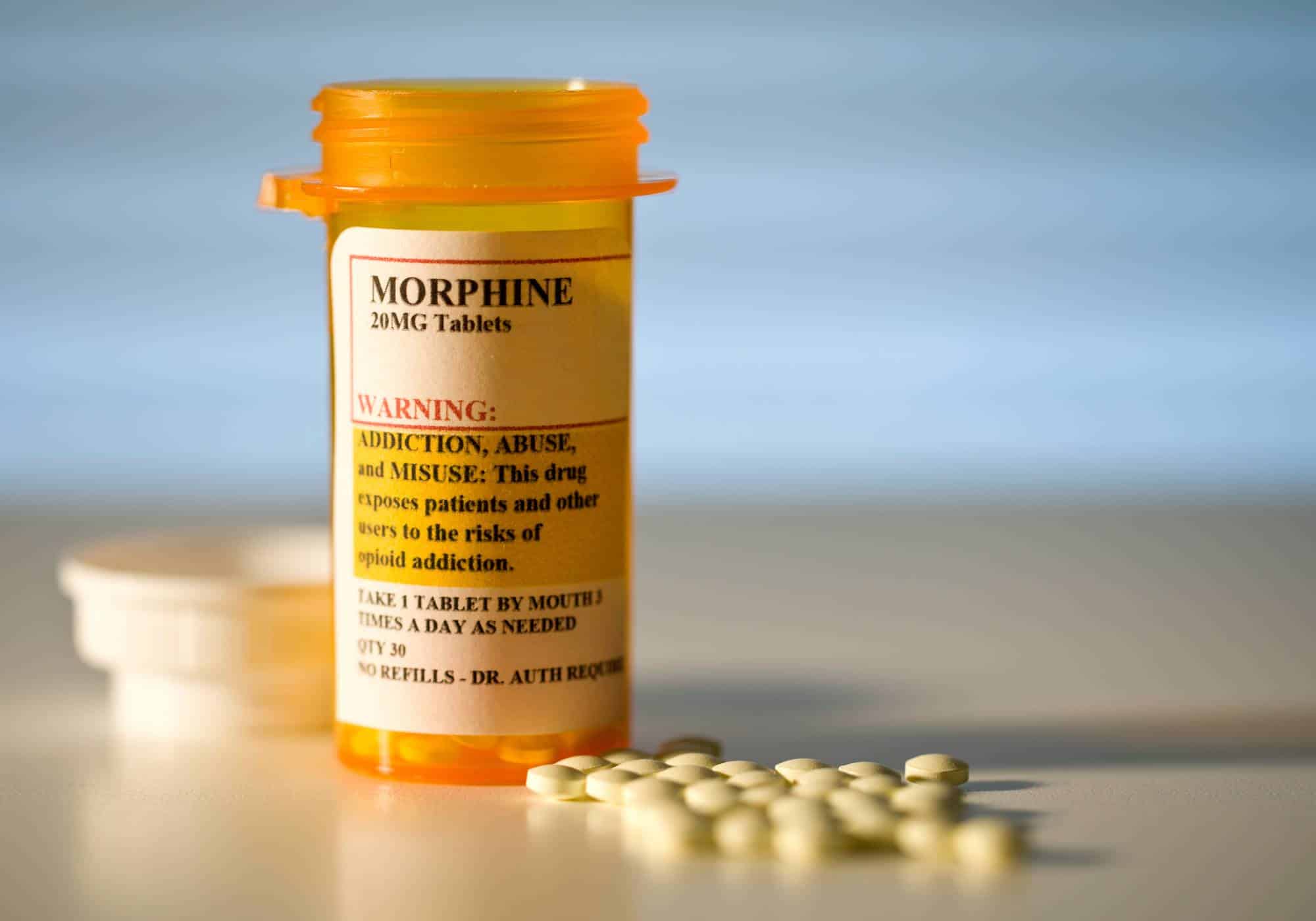Learning how to address a person suffering from drug addiction is essential to help them take the first step towards recovery. When talking to a person with substance use disorder, you want to make sure they can receive what you are trying to say correctly. This can encourage the person to acknowledge they are suffering from drug addiction and they need help and support.
The first step to address a person suffering from substance abuse is to understand that they might be affected by stigmas. Some common stigmas are that people suffering from drug addiction are at fault, dangerous, or never recover. Stigmas can diminish the person’s willingness to seek treatment or finish it; stigmas can also provoke people to remain distant, which is the opposite of what should be done.
How To Address A Person With Substance Abuse
- Learn more about avoiding stigmas and using the proper terms. For example, instead of saying “drug addict,” you can use “person with substance use disorder.”
- Once you know some words to use or avoid, having one-on-one conversations is preferable. It makes it more comfortable for the person with substance use disorder to receive the message you want to give. Remember to listen more than talk. Addictions happen for a reason; let them tell you what those reasons are.
- Be consistent in your message. Your actions must match your words.
- Let the other person know you worry about their behavior without sounding angry. Remember to avoid using improper terms and stigmas. It is probable they act defensively, but let it be for the moment. Talk to other people about it and how they can help.
- Talk to a health expert or a substance abuse counselor to help you understand and guide you on what steps you need to follow.
- If necessary, stage an intervention. Gather friends, family, and other relevant people that can tell the person with substance disorder how his/her behavior has affected them. Again, if the person decides to leave, let them.
- Offer the person suffering from drug addiction help and support. If willing to go to recovery, take them as soon as possible; if not, do not force them.
Hope Harbor Wellness Can Help and Support
Hope Harbor Wellness is an outpatient treatment center that offers people with substance use disorder a variety of recovery programs run by former people in recovery. We want you to live and enjoy the love of your closed-ones. Our arms are open.












